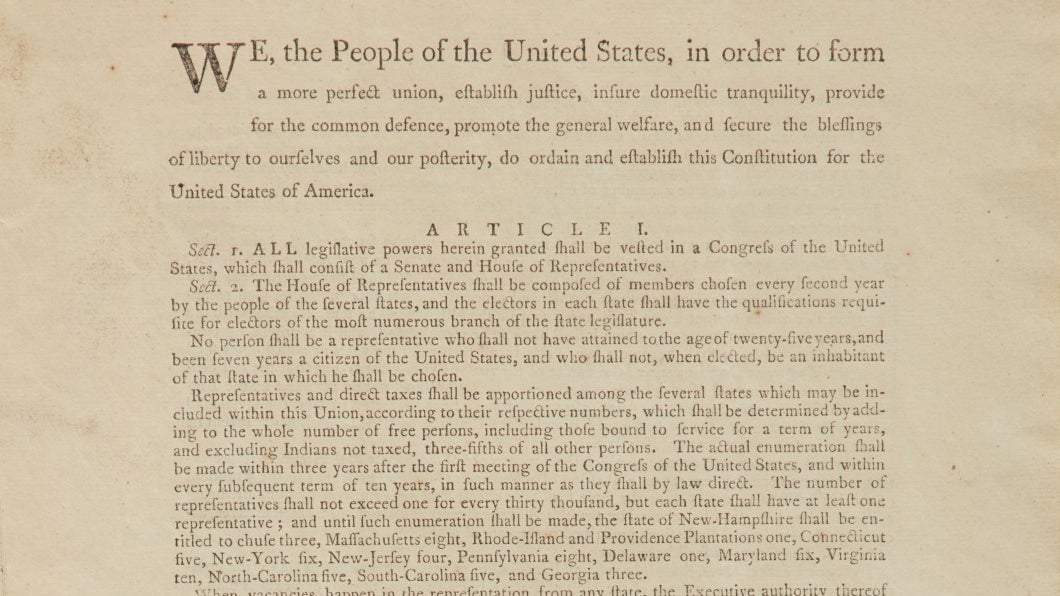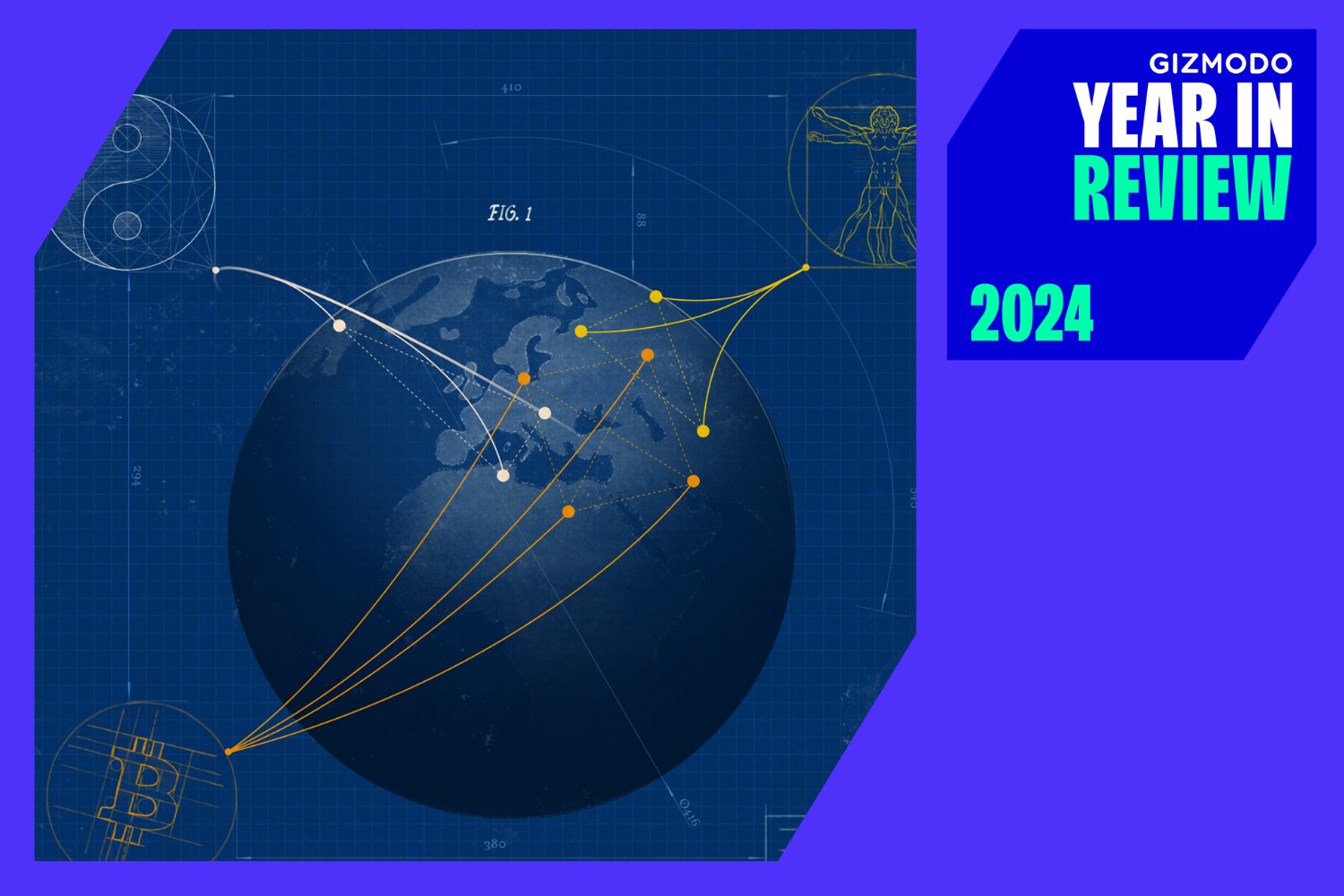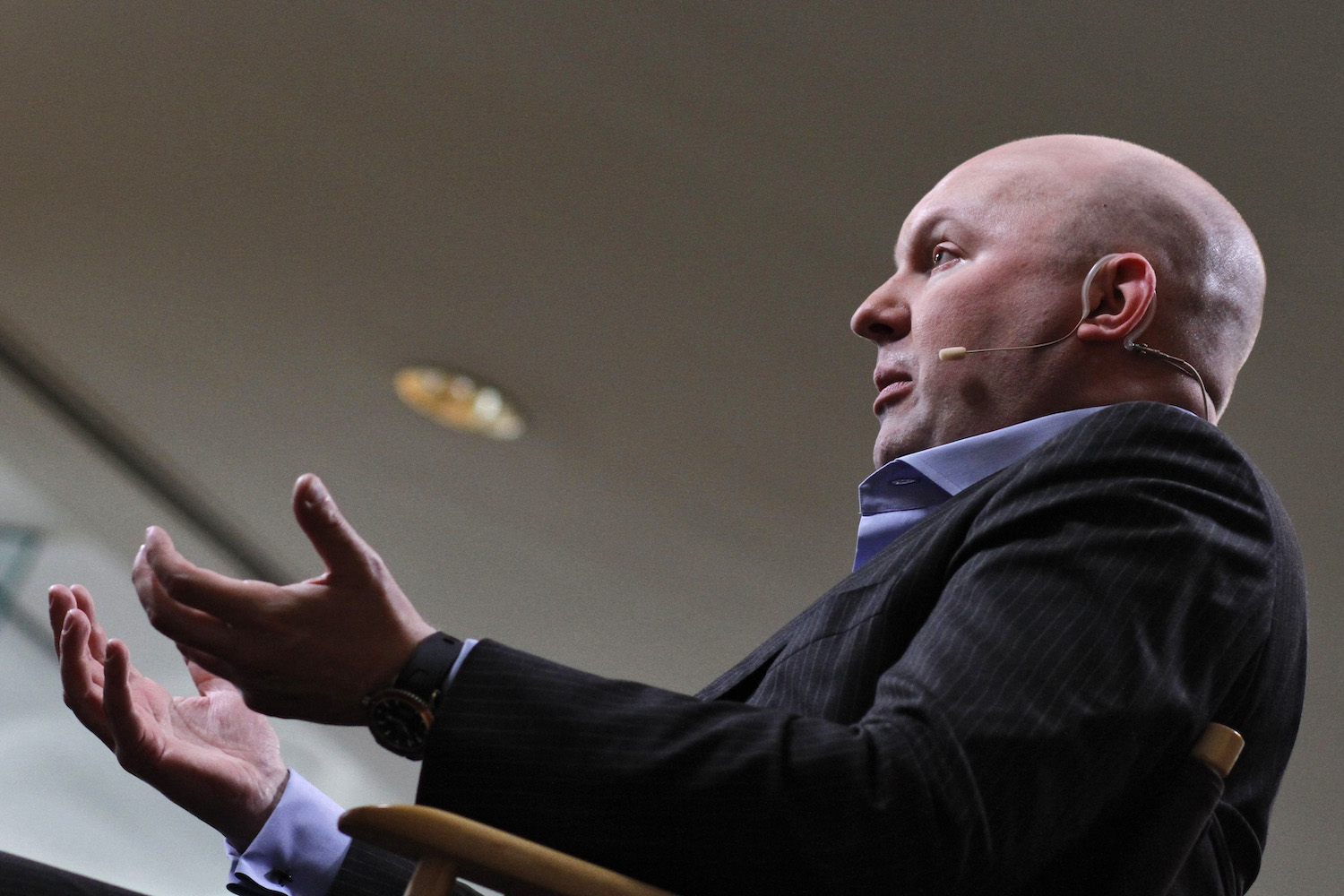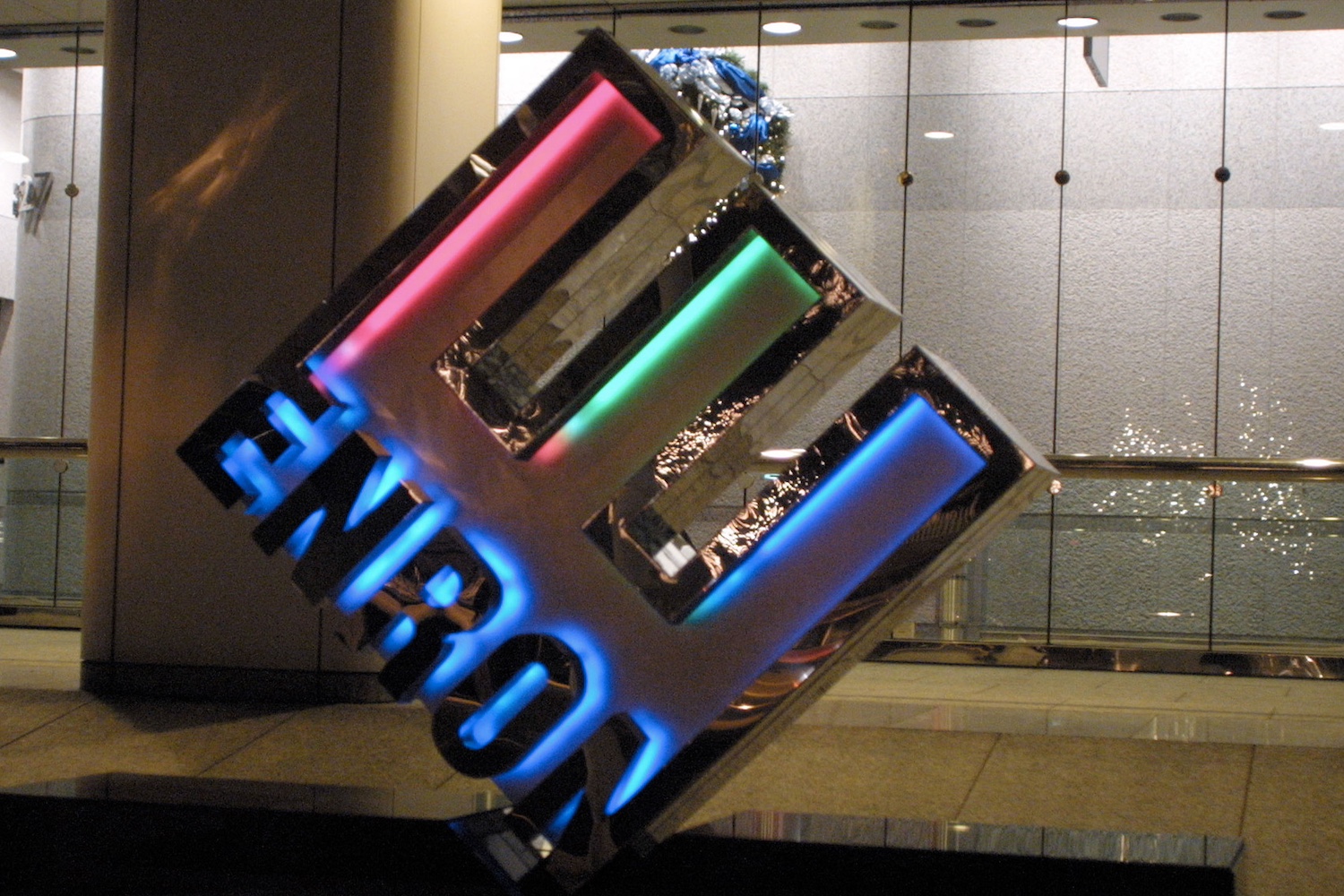On Thursday, ConstitutionDAO might realize the blockchain’s fullest democratic potential and purchase a copy of the United States Constitution at Sotheby’s auction house. It’s reminiscent of the group of collectors that bought the single-edition Wu-Tang album this past summer, except it’s open to all, and it’s (apparently) free of a profit motive. Or it could be a scam. Or it could fizzle out and give everyone a refund. There’s only one way to find out, which is to give the group enough money to hit its $20 million goal.
Quick recap: ConstitutionDAO is a DAO, or a decentralized autonomous organization. A DAO is traditionally a sort of people’s hedge fund, run on the blockchain. People can buy into the DAO with cryptocurrency in exchange for tokens which then grant them voting power to decide what the DAO should invest in and when to cash out. The more tokens they buy, the more sway they have.
Interested parties seem to be under the impression that, by purchasing “governance tokens” from ConstitutionDAO, they would, in part, own the copy of the Constitution should the organization win it at tomorrow’s auction. That’s not the case, as ConstitutionDAO makes very clear on its site.
Buyers are “donating” to collectively purchase the Constitution; the DAO plans to partner with an institution, such as the Smithsonian, which would display it and pay for its care. (Co-founder Ghost told Gizmodo that some institutions have already expressed interest and would ideally take custody after the sale.)
As of this writing, the DAO has raised nearly $15 million. Sotheby’s values the item at $15 to $20 million.
The DAO’s 13 signers—including reputable programmers, a game designer, a founder of another DAO—are currently retaining the funds in a Gnosis safe wallet and claim that they’ve received no portion of the donation. In the event that they don’t end up with the Constitution, they promise to return Ethereum, minus gas (obligatory fees), to buyers.
Sotheby’s could reject ConstitutionDAO’s bid; it told Axios that, because DAOs “are not legally recognized entities in most jurisdictions,” the auction house requires them to “take certain legal steps” in order to participate in the auction. Miguel Piedrafita, a co-architect of ConstitutionDAO, told Gizmodo that they’ve thought of this. The DAO’s financial backer Endaoment would place the bid and take temporary ownership. It’s compliant with Sotheby’s know-your-customer rules, Piedrafita said, and “is legally obligated per the terms of our partnership agreement to respect the DAO’s decisions related to it.”
Incredibly, this person’s Twitter bio says they are 19 years old.
As with all DAOs, it’s possible that a high-roller might buy an outsized number of governance tokens and sway the decision-making about what happens to the Constitution. The DAO’s founders have considered this, too; Piedrafita said that they might implement quadratic voting, which gives each voter a fixed budget to buy votes.
The technology does carry “unforeseen risks,” ConstitutionDAO admits in its FAQs, such as loss of keys or theft from the Gnosis wallet, “despite the many layers of protection we have in place.” They also note that smart contracts could be hacked; in 2016, the first major DAO (“The DAO”) lost $50 million in Ether due to a hack, though the thief wouldn’t have been able to spend the currency because each unit has a digital record.
Sure, it’s a viral experiment that might flame out, but Andrew Miller, assistant professor at the University of Illinois, sees the project as a useful test run to explore trust and ownership. “I think this is an excellent project for exploring these questions, since there’s a public benefit and relatively simple goals and markers of success,” he told Gizmodo via email. “It’s much less abstract than many other DAOs that are self-referential and focus on proposals involving other blockchain projects and tokens.”
A few scenarios could derail the project, Miller points out, such as signers making off with funds, a “hostile takeover” by someone who purchases an outsized number of governance tokens, whether an institutional owner adheres to the DAO’s wishes, and if not, whether the DAO could sue for negligence. “In general, there is a gap between the on-chain notion of ownership and physical possession and legal ownership,” he added.
You just have to place your faith in a more egalitarian future, as our founders did. “DAOs are people,” Miller said. “They’re autonomous, not automated.”














